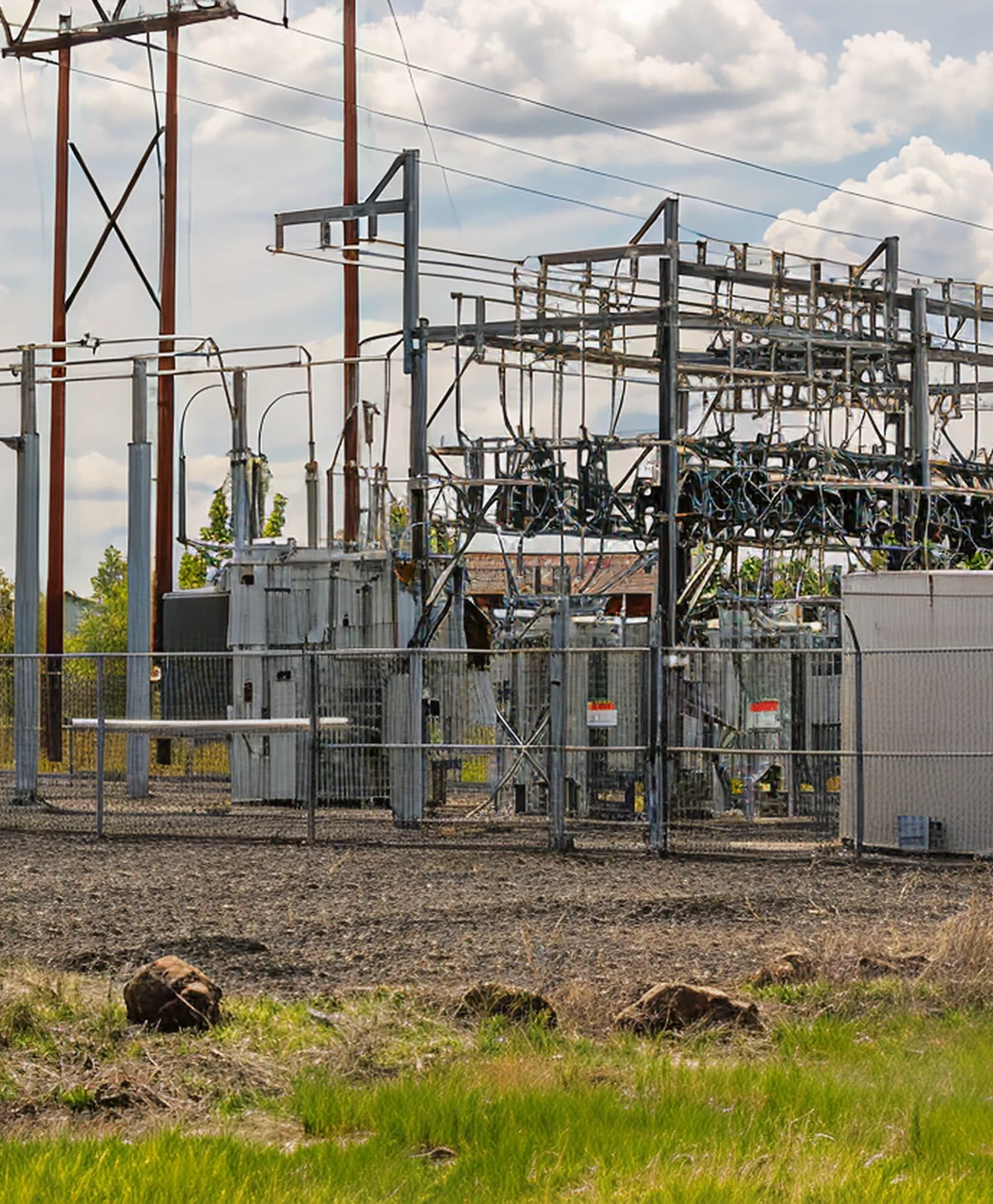For decades, the security industry has relied on the same fundamental approach to lighting: flood the area with light and hope it’s enough. Floodlights have been the go-to solution, casting wide beams across facilities, parking lots, and perimeters. But what if we told you there’s a better way? What if security lighting could be transformed from a passive afterthought into an active, intelligent defense system?
The Problem with Traditional Floodlights
Traditional floodlights operate on a simple principle: illuminate everything within a fixed area. While this approach provides basic visibility, it comes with significant limitations:
Passive by nature: Floodlights simply exist, offering no dynamic response to threats
Limited range: Most floodlights are effective only within a relatively small radius
Energy inefficient: Constantly illuminating large areas consumes substantial power
Easy to circumvent: Intruders can often find dark spots or blind areas to exploit
No threat prioritization: All areas receive equal illumination regardless of actual security needs
Enter the Age of Active Security Lighting
The next evolution in security lighting isn’t about brighter floodlights or more coverage—it’s about making light an active participant in your security strategy. This is where targeted spotlight technology changes everything.
Unlike traditional floodlights that cast light everywhere, an active spotlight system can:
Focus precisely on threats: Direct intense illumination exactly where it’s needed
Respond dynamically: React to security events in real-time
Extend your perimeter: Reach potential threats at much greater distances
Conserve energy: Use power only when and where needed
Integrate seamlessly: Work with existing security systems for coordinated response
The 4D Security Revolution
At Luminous Pillar, we’ve developed a comprehensive approach to security that transforms how organizations think about perimeter defense. Our 4D security concept represents four critical phases of threat management:
DETECT
The first line of defense is awareness. Advanced security lighting systems can illuminate potential threats the moment they’re identified, creating immediate visibility for both security personnel and the intruders themselves. This early detection capability extends your security awareness far beyond traditional boundaries.
DENY
The ultimate goal is to create an environment so challenging that unauthorized access becomes practically impossible. This “environment of denial” makes your facility an unattractive target, encouraging bad actors to look elsewhere.
DETER
Sometimes, simply being seen is enough to stop a threat in its tracks. When potential intruders realize they’ve been spotted and illuminated, many will abandon their efforts entirely. The psychological impact of sudden, focused illumination cannot be overstated—it sends a clear message that the facility is actively protected.
DELAY
For persistent threats that don’t retreat when detected, active lighting systems can significantly slow down their progress. By creating challenging conditions for intruders, these systems buy precious time for security teams to respond appropriately.
Extending Your Security Perimeter
One of the most significant advantages of active spotlight technology is its ability to extend your effective security perimeter far beyond what traditional lighting can achieve. Instead of waiting for threats to reach your immediate facility boundaries, you can engage them at much greater distances.
This extended perimeter approach offers several key benefits:
Earlier threat identification: Spot potential problems before they become immediate dangers
More response time: Give security teams additional minutes or even hours to prepare
Reduced facility vulnerability: Keep threats away from critical infrastructure
Cost-effective coverage: Protect larger areas with fewer devices
The Collaborative Approach
The future of security lighting isn’t about replacing existing systems—it’s about creating a layered defense strategy. Active spotlights work best when integrated with traditional floodlights, creating multiple security zones:
Outer perimeter: Active spotlights engage distant threats
Middle perimeter: Coordinated lighting systems track and follow intruders
Inner perimeter: Traditional floodlights provide comprehensive area coverage
This collaborative approach ensures no gaps in coverage while maximizing the effectiveness of each lighting technology.
Why Now?
The security landscape is evolving rapidly. Threats are becoming more sophisticated, facilities are growing larger, and the cost of security breaches continues to rise. Traditional passive security measures are no longer sufficient.
Organizations need security solutions that can:
Adapt to changing threat patterns
Provide real-time response capabilities
Integrate with modern security technologies
Deliver measurable ROI through prevention
Active spotlight technology represents the natural evolution of security lighting—from passive illumination to active defense.
The Bottom Line
The question isn’t whether active security lighting will become the standard—it’s how quickly forward-thinking organizations will adopt this technology to stay ahead of evolving threats.
By transforming light from a passive utility into an active security component, facilities can create more effective, efficient, and comprehensive protection systems. The 4D approach of DETECT, DENY, DETER, DELAY provides a framework for understanding how modern security lighting can extend perimeters, reduce vulnerabilities, and create true environments of denial.
The future of security lighting is here, and it’s actively protecting facilities around the world. The question is: will your organization be ready?
Ready to learn more about how active security lighting can transform your facility’s protection? Contact Luminous Pillar today to discover how the 4D security approach can extend your perimeter and create a more secure environment.


